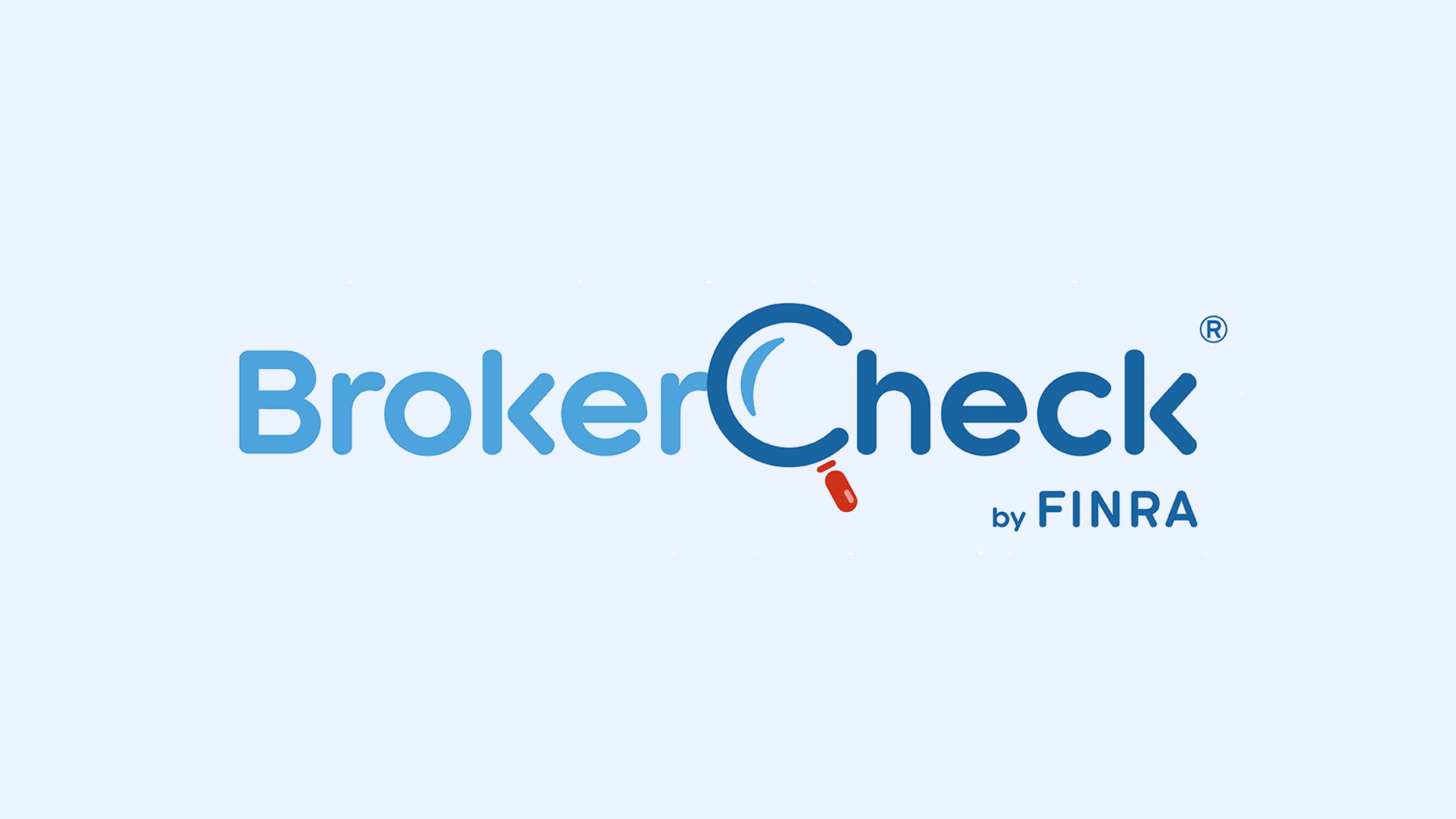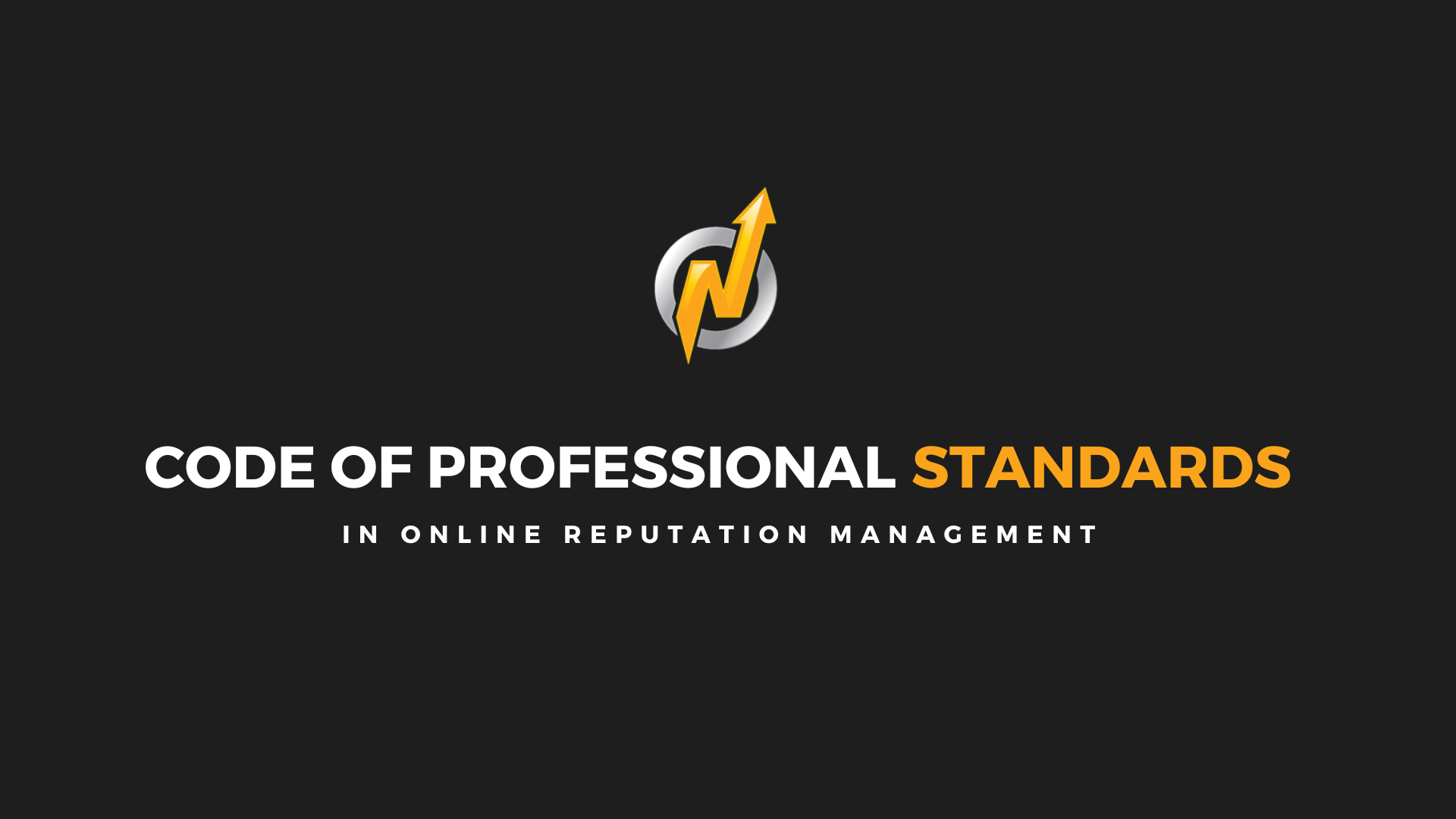Online reputation now drives search visibility, revenue, and decision-making at every level of business. In 2025, a strong digital reputation is essential. Nadernejad Media Inc. has been in the industry for over a decade, so in this post, we’ve decided to unpack the top online reputation management statistic of 2025. These updated statistics highlight exactly why companies must stay ahead.
Between 2015 and 2023, Google maintained dominance in desktop search, holding an average market share near 88%. Bing gradually gained ground, climbing to 8.61% by 2023. Yandex and DuckDuckGo also expanded their presence, reaching 1.87% and 0.72%, showing a slow shift toward alternative search engines.
1. 93% of consumers say online reviews impact buying decisions.
According to a survey by PowerReviews, 93% of consumers say online reviews influence whether they trust a brand or product. The study also found that 74% won’t move forward with a purchase if they see negative content within the first page of search results.
Source: Frontiers
2. 70% to 80% of market value comes from hard-to-assess intangible assets such as brand equity, intellectual capital, and goodwill.
Online reputation management research by HBR shows that more than two thirds of a brand’s value comes from intangible assets like brand, equity, intellectual capital, and goodwill, with reputation being a major part of that valuation.
Source: Harvard Business Review
3. 84% of executives consider reputation risk more critical than other business risks.
In PwC’s 2025 CEO Global Pulse, 84% of executives ranked brand and reputation risk as their top external concern. This now surpasses cyber risk and regulatory risk for the first time.
Source: PwC Global CEO Pulse 2025
4. Only 17% of companies actively manage their reputation.

A report from the ElectroIQ found that only 17% of businesses maintain an active reputation management plan. The rest rely on public relations or legal action after damage occurs, which is both slower and less effective.
Source: ElectroIQ
5. Positive reputations add up to 25% to company valuation.
A WEF study confirms that companies with strong reputations command higher valuations (often up to 25% more) because investors factor public perception into long-term brand strength.
Source: World Economic Forum Study cited on Global Finance
6. 68% of professionals won’t apply to companies with poor online reviews.
Glassdoor’s 2025 and DSMN8 Recruitment Trends Report reveals that nearly 7 in 10 professionals say they’d reject a job offer or not even apply to a company with poor online ratings. Employer brand is directly linked to recruiting power.
Source: DSMN8
7. Fake reviews now make up more than 30% of all online reviews.
Fakespot and ReviewMeta’s joint 2025 analysis of over 100 million reviews found that over 30% were inauthentic. Consumers are increasingly using verification tools and browser extensions to detect fraud, making transparency more important than ever.
Source: Fakespot and ReviewMeta Annual Review Authenticity Report 2025 (Now Sourced in CBS News)
8. The first result on Google gets over 27% of clicks.
As of 2025, the first result on Google receives 27.6% of all clicks, while organic search overall captures roughly 40%, which marks a decline from earlier years. Click-through rates fall sharply by the tenth position, which sees just 2.3%.

Appearing at the top of Google search results directly boosts traffic, as most users only engage with the first few listings. For businesses and content creators, ranking first is not about status. It’s a critical factor in driving visibility, leads, and sales.
Only 5% of users go beyond the first page of Google. That makes your online first impression more important than a real-world introduction. If you miss the chance to build trust immediately, the opportunity likely won’t come again.
Source: SparkToro 2025
9. 30% of job seekers would reject a job with bad reputation even if offered double the salary.
Reputation can outweigh financial incentives. Harvard Business Review found that 30% of candidates would refuse a role at a company with a poor public image, even if the compensation were twice their current salary. Reputation is no longer a soft metric, but has real recruiting consequences.
Source: Harvard Business Review
10. 95% of businesses use social media as part of their recruitment process.
Social media now plays a central role in hiring. According to CareerBuilder’s 2025 Hiring Trends Survey, 95% of companies review social profiles when evaluating candidates. This makes reputation across platforms like LinkedIn and Instagram a critical part of candidate screening.
11. 97% of consumers search online for local businesses.
Center Street Digital unveiled that 97% of consumers rely on online searches to discover local businesses. Managing how your business appears in those results is no longer optional.
Source: Center Street Digital
12. 92% of users will only engage with businesses rated 4 stars or higher.
A low rating instantly disqualifies a business from consideration. Exploding Topics reports that 92% of consumers require a minimum 4-star rating before they’ll consider engaging with a company.
Source: Exploding Topics, June 2025
13. 88% of consumers are more likely to use a business that replies to all reviews.
Engagement drives trust. Forbes data shows that 88% of people are more likely to choose a business that responds to every review. Ignoring feedback, even when it’s positive, signals indifference.
Source: Forbes
14. 60% of consumers are turned off by negative reviews.
According to ReviewTrackers, 60% of consumers lose interest in a business after reading a single negative review. That means every bad review left unaddressed is a lost opportunity.
15. 75% of consumers trust a business more after reading positive reviews.

Podium reports that 3 in 4 consumers say positive online reviews increase their trust in a company. For reputation campaigns, this proves that amplification of satisfied customer feedback should be a core priority.
Source: Podium State of Reviews 2025
16. Consumers read an average of 7 reviews before trusting a business.
Trust is earned through repetition and volume. A 2024 PowerReviews survey shows that the average consumer reads at least seven reviews before forming a judgment. Having only a few reviews is no longer enough.
Source: Social Pilot
17. Fake reviews surged 758% between 2020 and 2024, triggering FTC enforcement.
In response to the explosion of AI-generated and fake reviews, the FTC issued a ban in August 2024. The increase of 758% in fraudulent reviews across platforms led to tighter enforcement and consumer scrutiny.
18. 28% of consumers who use voice search end up calling the business.
Voice search converts at a high rate. DemandSage reports that 28% of voice search users follow up with a direct phone call to the business. Voice search optimization now plays a direct role in customer acquisition.
19. 93% of customers expect a response from businesses to their online reviews.
Customers have rising expectations for businesses when it comes to responding to online reviews, with 93% of customers expecting a response to their reviews.
Source: Backlinko
20. 93% of marketers say video improves brand perception.
Video content strengthens online perception. According to Wyzowl’s 2025 video marketing report, 93% of marketers believe that video improves how consumers view their brand. Video now sits at the center of reputation strategy. At Nadernejad Media Inc. we’ve recorded over 200 YouTube videos about online reputation management for this exact reason.

Online reputation management is a business requirement. Search rankings, reviews, and digital presence directly affect revenue, hiring, and growth.
The data is clear. People trust online information. They make decisions based on search results, reviews, and how brands respond. Slow or inauthentic responses cost credibility.
Companies that act on this data gain a competitive edge. Those that ignore it lose ground. Reputation moves faster than traditional PR, and younger consumers won’t wait.
This isn’t just about damage control. Strong reputation management builds trust, drives sales, and strengthens long-term positioning.













